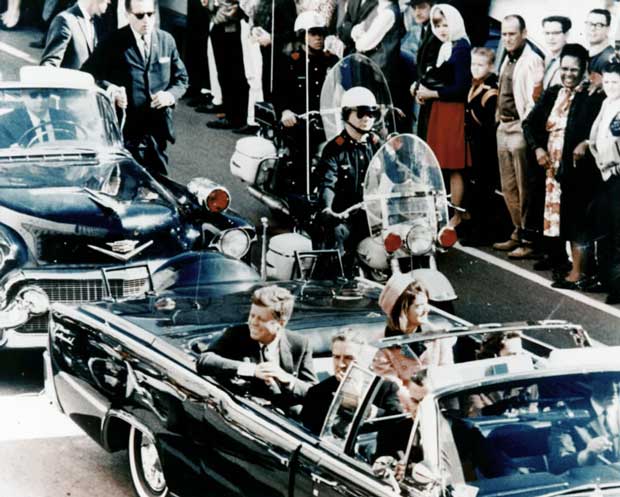Lee Harvey Oswald, known as the alleged assassin of President John F. Kennedy, remains a figure shrouded in mystery and controversy. The recent release of classified documents by Presidents Donald Trump and Joe Biden has shed new light on Oswald’s activities and the government’s awareness of him prior to the assassination. This article provides a detailed look at Oswald’s life, the government’s knowledge of his actions, and how the Warren Commission addressed his role in the assassination.
Early Life and Military Service
Childhood and Early Years
Born on October 18, 1939, in New Orleans, Louisiana, Oswald endured a troubled childhood marked by instability and the absence of his father, who passed away before Oswald was born. He moved frequently, spending time in orphanages and temporary homes.
Marines and Interest in Marxism
Oswald joined the United States Marine Corps at 17. While he displayed sharpshooting skills, his military career was marred by disciplinary issues. During this time, Oswald developed an interest in Marxism, which significantly influenced his later actions.
Defection to the Soviet Union
Turning to the USSR
In 1959, Oswald defected to the Soviet Union, expressing a desire to renounce his U.S. citizenship. His life in the USSR was not as idyllic as he had hoped, and he returned to the U.S. in 1962 with his Russian wife, Marina.
Return to the United States and Political Activities
Increasing Radicalization
Back in the U.S., Oswald’s life was characterized by unemployment and a deepening of his radical political beliefs. He demonstrated support for Fidel Castro’s Cuba and even attempted to assassinate an anti-communist figure, General Edwin Walker.
The Assassination of President Kennedy
Motives and the Warren Commission
The Warren Commission, established to investigate Kennedy’s assassination, concluded that Oswald acted alone in shooting the President. However, Oswald’s precise motives remained elusive, with theories suggesting a range of motives from a quest for recognition to ideological alignment with Marxist principles.
New Light from Classified Documents
Government Surveillance of Oswald
Recent document releases reveal that the U.S. government, particularly the CIA, had more extensive knowledge of Oswald’s activities than previously understood. The CIA had been monitoring his communications and was aware of his threats against President Kennedy. This raises questions about whether the assassination could have been prevented and whether Oswald’s interactions with Soviet and Cuban officials had any direct influence on his actions.
Oswald’s Proclamation: “I’m Just a Patsy”
Following his arrest, Oswald famously declared he was “just a patsy.” The newly released documents, which show a higher level of government surveillance, have fueled theories that Oswald might have been set up or used as a scapegoat in a larger plot.
Conclusion: An Enduring Enigma
Lee Harvey Oswald’s life, from his troubled childhood to his association with the Kennedy assassination, remains an area of intense study and speculation. The release of previously classified documents has only added to the intrigue, suggesting a more complex interplay between Oswald and government agencies than the Warren Commission’s findings indicated. Oswald’s role in this pivotal moment in American history continues to be a subject of debate and fascination, embodying the enduring mystery of the Kennedy assassination.





